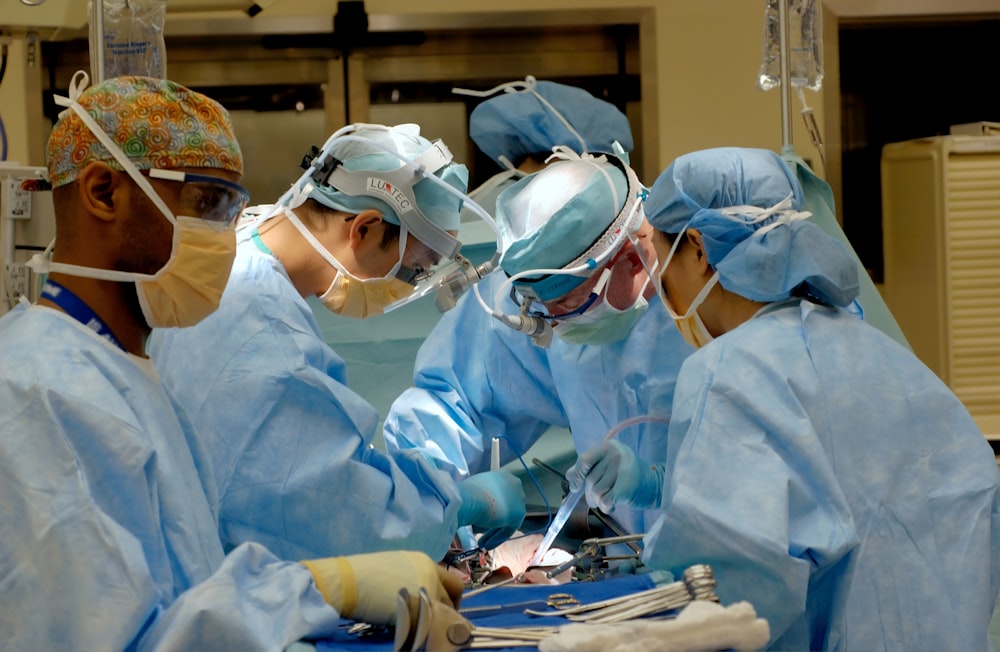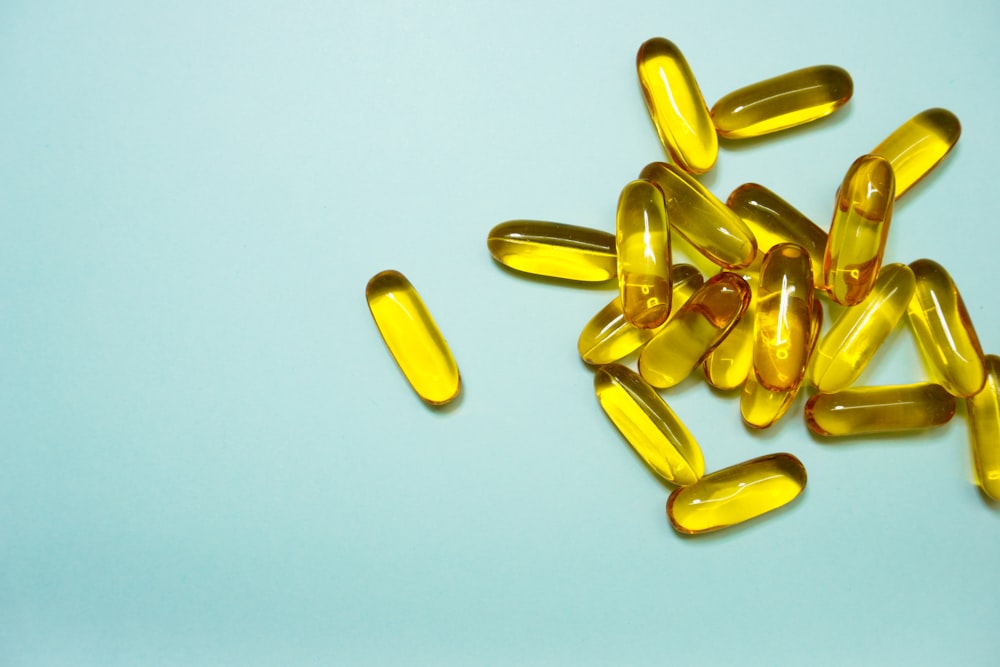After having surgery, one of the most important things to monitor is your hemoglobin levels. Low hemoglobin levels can affect healing, energy levels, and overall health. While low hemoglobin levels are sometimes a side effect of surgery, they are also treatable. If you’re looking to increase your hemoglobin after surgery, there are a few different things you can do. In this article, we’ll discuss what hemoglobin is, what causes low hemoglobin after surgery, and a few tips to help increase hemoglobin levels post-surgery.
What is Hemoglobin and its Role in Surgery
Hemoglobin is a protein found in red blood cells that carries oxygen throughout the body. It is essential for optimal health, as oxygen is necessary for the body to function properly. After surgery, low hemoglobin levels can mean reduced oxygen in the body, resulting in fatigue, shortness of breath, and increased risk of infection. It is important to monitor hemoglobin levels after surgery to ensure the body is healing properly.
8 Pro Tips: How to spot a fake DNA Test Results
What Causes Low Hemoglobin Post-Surgery
There are a few different causes of low hemoglobin levels after surgery. The most common cause is blood loss during and after surgery. Other causes may include anemia, malnutrition, and certain medications. It is important to talk to your doctor if you are experiencing symptoms of low hemoglobin.
Foods to Consume to Increase Hemoglobin Levels Post-Surgery
A balanced diet is key to maintaining healthy hemoglobin levels. Foods rich in iron, vitamin B12, and folate are particularly important for increasing hemoglobin levels. Foods such as red meat, leafy green veggies, eggs, fish, and fortified cereals are all good sources of these nutrients. Other foods that are beneficial for increasing hemoglobin are legumes, nuts, and dried fruits.
Here are some foods that can help increase hemoglobin levels after surgery:
- Red meat: Red meat is an excellent source of iron, which is necessary for the production of hemoglobin. Lean cuts of beef, pork, and lamb can be included in the diet.
- Poultry: Chicken and turkey are good sources of iron and can help increase hemoglobin levels.
- Fish: Fish, especially shellfish, is a rich source of iron and can help increase hemoglobin levels.
- Legumes: Legumes such as beans, lentils, and chickpeas are high in iron and can be included in the diet to increase hemoglobin levels.
- Fruits and vegetables: Fruits and vegetables such as apples, bananas, and leafy greens are high in iron and can help increase hemoglobin levels.
- Fortified cereals: Some cereals are fortified with iron and can be a good source of this nutrient.
Maintaining a Healthy Diet
Maintaining a balanced, nutritious diet is essential for increasing hemoglobin levels post-surgery. Eating a variety of fruits, vegetables, proteins, and whole grains will provide the body with the essential vitamins and minerals it needs to increase hemoglobin levels. Additionally, it’s important to drink plenty of fluids to stay hydrated and help the body flush out toxins.
Supplements to Increase Hemoglobin
In addition to dietary changes, there are also supplements that can help increase hemoglobin levels. Vitamin C, iron, and B-complex vitamins are some of the most beneficial supplements to take after surgery. Talk to your doctor or nutritionist to determine which supplements are best for you.
Here are some supplements that may help increase hemoglobin levels after surgery:
- Iron supplements: Iron supplements can help increase hemoglobin levels by increasing the body’s supply of iron. They are available in various forms such as tablets, capsules, and liquid.
- Vitamin B12 supplements: Vitamin B12 plays a role in the production of red blood cells and a deficiency can lead to anemia. B12 supplements may be recommended if a deficiency is present.
- Folic acid supplements: Folic acid is important for the production of red blood cells and a deficiency can lead to anemia. Folic acid supplements may be recommended if a deficiency is present.
- Copper supplements: Copper is necessary for the production of red blood cells and a deficiency can lead to anemia. Copper supplements may be recommended if a deficiency is present.
Light Exercise to Increase Hemoglobin Levels
Light exercise such as walking or swimming can help increase hemoglobin levels. Exercise helps to increase circulation and encourages the body to produce more red blood cells. It is important, however, to listen to your body and not push yourself beyond your limits.
- Walking: Walking is a low-impact exercise that can help improve circulation and increase hemoglobin levels. Start with short walks and gradually increase the distance as you get stronger.
- Swimming: Swimming is a great low-impact exercise that can help improve circulation and increase hemoglobin levels.
- Yoga: Yoga can help improve circulation and increase hemoglobin levels. There are many gentle yoga poses that can be suitable for people recovering from surgery.
- Tai chi: Tai chi is a gentle exercise that involves slow, controlled movements and deep breathing. It can help improve circulation and increase hemoglobin levels.
- Resistance band exercises: Resistance band exercises can help improve muscle strength and increase circulation. Start with light resistance bands and gradually increase the resistance as you get stronger.
Conclusion
Low hemoglobin levels can be a side effect of surgery, but there are ways to increase hemoglobin levels post-surgery. Eating a balanced diet, taking supplements, and light exercise are all great ways to increase hemoglobin levels and ensure you are healing properly. It is important to talk to your doctor or nutritionist to determine what is best for you.



